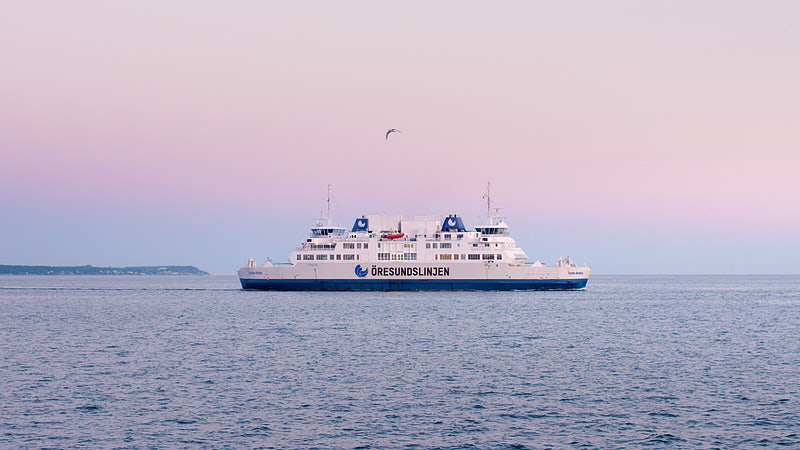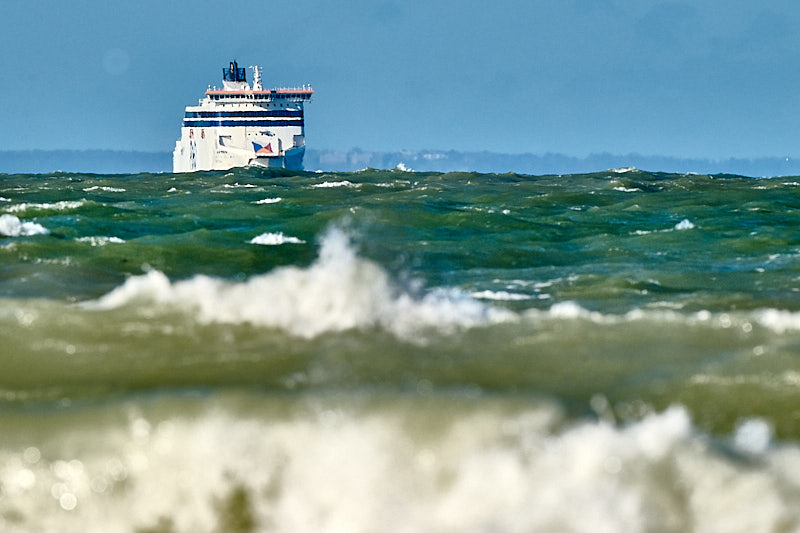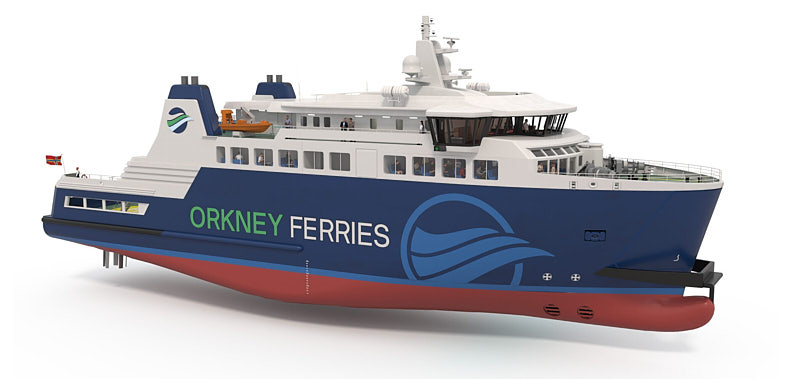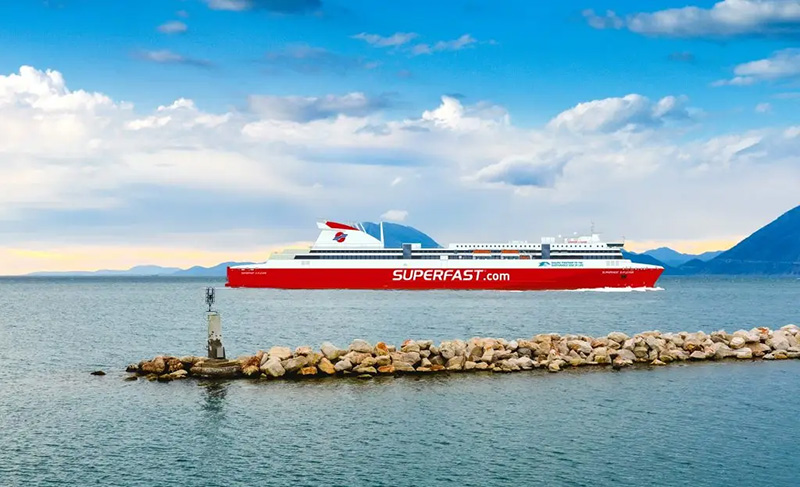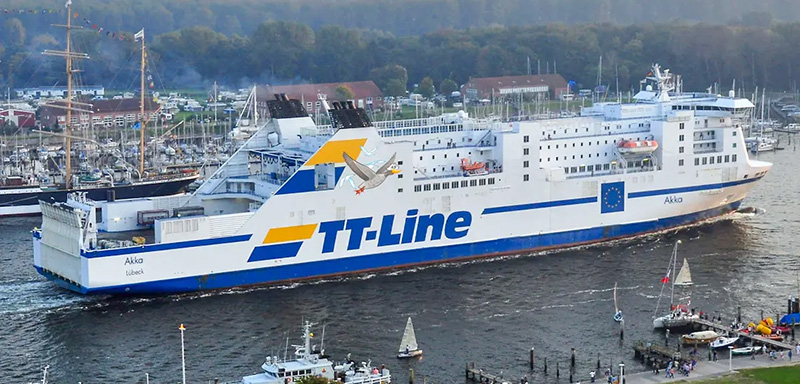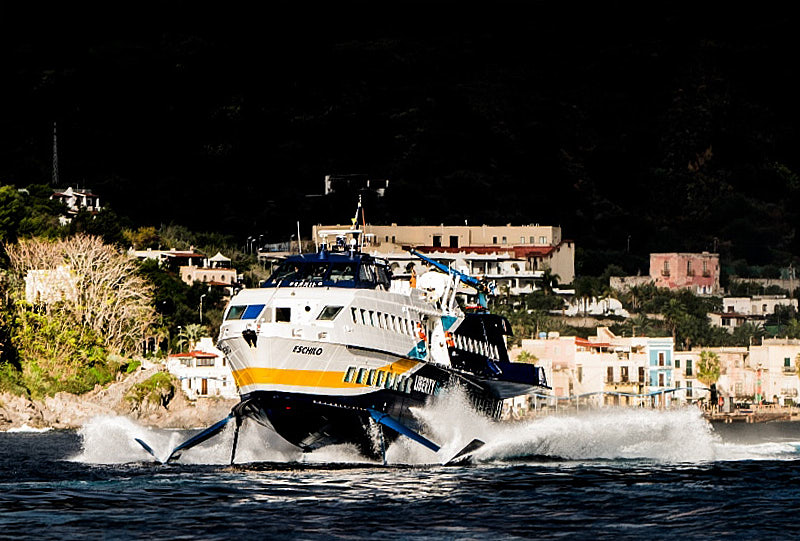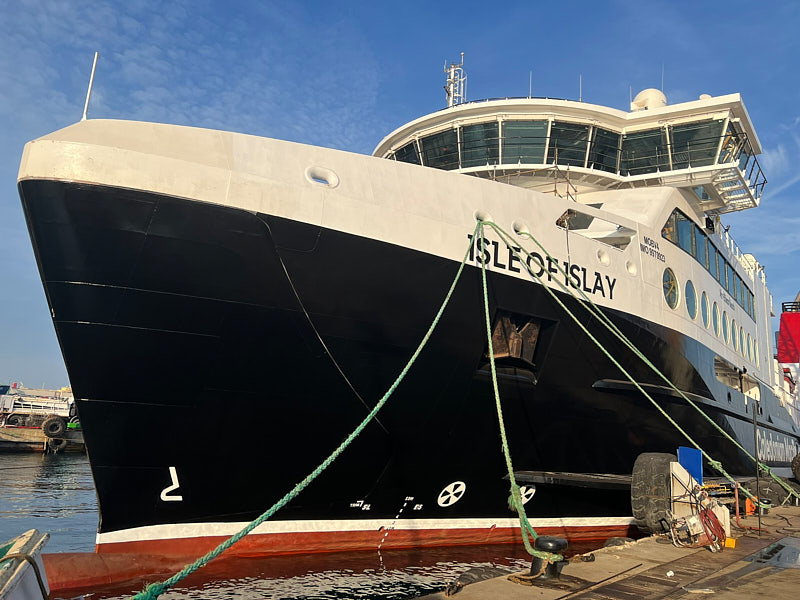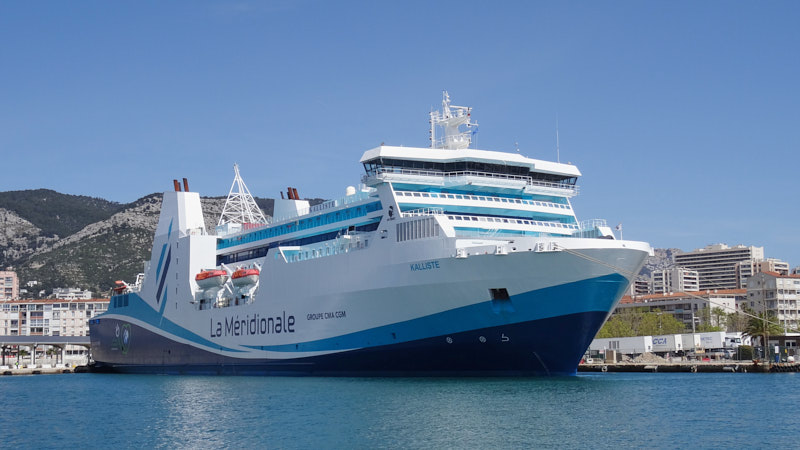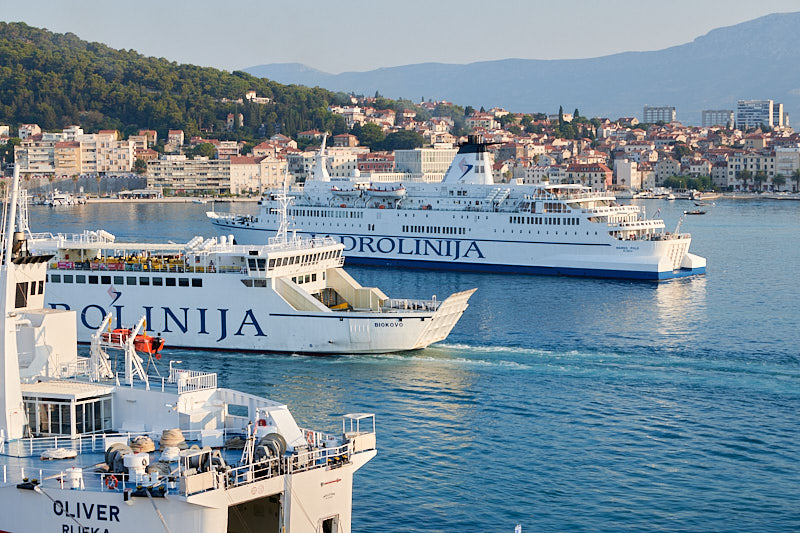Öresundlinjen carried 6.37 million passengers in 2025, confirming continued growth on the Helsingborg–Helsingør route and marking its strongest year since joining Molslinjen.
Key figures 2025
- Total passengers: 6,373,842 (+4% vs 2024)
- Foot passengers: 3,363,377 (+7%), third-highest level since the Øresund Bridge opened in 2000
- Passenger cars: 1,036,897 (+2%), highest since 2019
Traffic was handled by three ferries, two fully battery-powered and one recently converted to electric operation.
Growth drivers
- Strong increase in walk-on passengers
- Continued investment in digitisation, improving flow and reliability
- Refurbished ferries, new restaurants and a clear shift to electric propulsion
CEO Kristian Durhuus said the results reflect the impact of sustained digital and operational development.
Onboard experience gains
- Ferry services continue to function as a “floating bridge” in the Øresund region
- Many foot passengers remain onboard for multiple crossings
- Restaurant guests: over 200,000 in 2025 (+27% vs 2024)
Source: Via Ritzau
